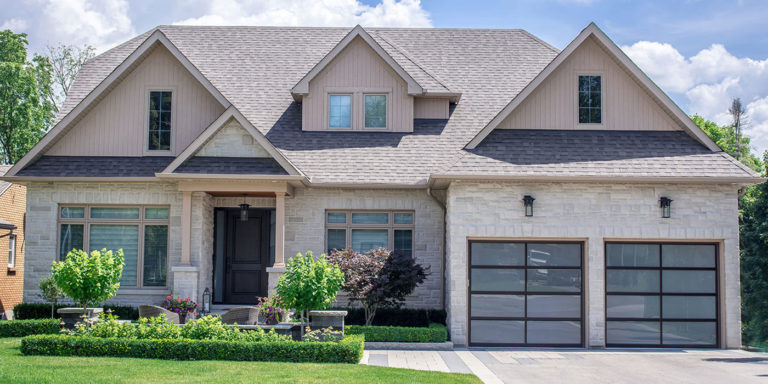Having an emergency kit is important to protect your household when unforeseen events happen. It is essential to provide vital items for you and your family for short term survival. Keep your emergency kit in a handy place known to everyone. If you have a lot of people in your household, you might want to make a personalized kit for each person instead of one large kit for the entire family.
Emergency kit checklist:
- Fully stocked first aid kit including antiseptic, bandages, dressings, pain relievers, stomach remedies, allergy meds, scissors, tweasers, gloves and thermometer
- Prescription medications
- Flashlights and a battery-powered lantern with extra batteries
- Whistle to signal for help
- Local map with a pre-determined family meeting place
- Fully charged cell phone and battery powered charger
- 3-day supply of non-perishable food including canned food (with a can opener), energy bars, granola, dried fruit and nuts, peanut butter, crackers, jam or jelly, cereal and baby food
- Seasonal clothing and footwear
- Water – at least 2 litres per person for 3 days – include small bottles that can be carried easily
- Personal sanitation – soap, hand sanitizer, toilet paper, moist towelettes and garbage bags
- Dust mask to filter contaminated air
- Pocket knife and basic tools (hammer, screw driver, wrench, multi-tool)
- Candles and matches or lighter
- Duct tape and tarp
- Cash in small bills, important papers, identification and personal documents
- Battery powered or crank radio
- Extra house keys and car keys
- Blankets
- Pen and paper
- Backpack for each person
Don’t forget your pets!

- Food for 7 days including can opener and food dish
- 3-day supply of water
- Medication – at least 2 weeks supply
- Microchip and license info
- Vet records and vaccination history
- Emergency contact list including your vet
- Photo of you with your pet
- Carrier or crate with your contact info
- Extra collar and leash
- Portable kitty litter tray and kitty litter
- Favourite toys and bed
- Muzzle



